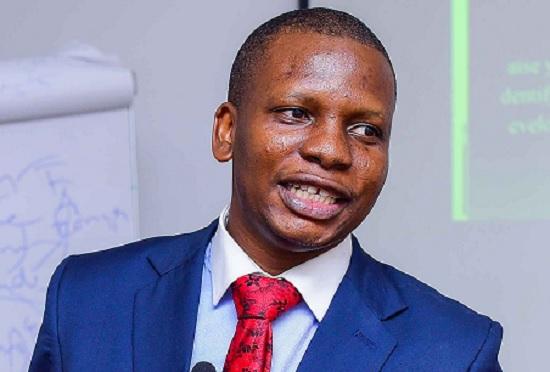
The rising cost of medicines in Nigeria has reached a crisis point, threatening the health and well-being of millions. For far too long, Nigerians have faced exorbitant prices for essential medications, forcing many to choose between food and healthcare. This situation demands immediate action, and the time has come for President Tinubu to declare a state of emergency for medicines security in Nigeria.
Recent reports paint a bleak picture of the current situation. According to a study published in the Nigerian Journal of Pharmacy, the average price of essential medicines increased by 35 per cent between 2022 and 2023. This increase outpaces inflation, making it increasingly difficult for ordinary Nigerians to afford the medications they need. In addition, data from the National Bureau of Statistics showed that the country’s inflation rose to 27.33 per cent, year on year, in October 2023 – from 26.72 per cent in September 2023; its highest in about 18 years.
Nigeria has been described as Africa’s largest medicines market, with over 70 per cent of medicines used in the country imported from India, China, and other countries. Experts also say over 70 per cent of payment for healthcare services in Nigeria is done from out-of-pocket expenditure, meaning that people pay most of their healthcare bills from their little income.
The consequences of this crisis are far-reaching. Many Nigerians are forced to skip doses or ration their medications, which can lead to serious health complications. Others are forced to choose between essential medications and other necessities, leading to malnutrition, poverty, and even death. This is a tragedy that we cannot afford to continue.
The Nigerian governments could mitigate healthcare costs, particularly in purchasing medications, through strategies like boosting local pharmaceutical production, stabilising currency rates, implementing subsidies or price controls, expanding health insurance coverage, promoting generic medicines, fostering public-private partnerships, and enhancing health education and awareness. Hence, the need for President Tinubu to declare a state of emergency.
Declaring a state of emergency
Declaring a state of emergency for medicines security would signify a commitment by the government to address this critical issue with urgency and seriousness. It would trigger several important actions, including:
Increased funding: The government must allocate significant resources towards strengthening the pharmaceutical sector, including investment in local production, research and development, and supply chain infrastructure.
Regulatory reforms: The regulatory framework governing the pharmaceutical sector must be strengthened to ensure the quality, safety, and efficacy of medicines available in the market.
Public awareness campaigns: The government must implement awareness campaigns to educate the public about the risks of counterfeit drugs and the importance of proper medication use.
International collaboration: The government should seek international cooperation to access essential medicines and technologies, share best practices, and build capacity in the pharmaceutical sector.
Addressing this crisis requires a multi-pronged approach. President Tinubu must declare a state of emergency for medicines security and implement a comprehensive plan to tackle the root causes of the problem. This plan should include:
Increased investment in local drug production: The government must incentivise the growth of the domestic pharmaceutical industry through tax breaks, grants, and other forms of support. This will reduce our dependence on imported drugs and lower prices for consumers.
Strengthening the regulatory framework: The government must strengthen the National Agency for Food and Drug Administration and Control (NAFDAC) to ensure the quality and affordability of medicines on the market. This includes cracking down on counterfeit and substandard drugs and increasing transparency in the pricing of medicines.
Improving distribution networks: The government must invest in infrastructure and logistics to improve the efficiency of the drug distribution system. This will reduce transportation costs and ensure that medicines reach all parts of the country.
Providing subsidies for essential medicines: The government should provide subsidies for essential medicines to make them more affordable for low-income Nigerians. This could be achieved through a voucher system or direct financial assistance to pharmacies.
Promoting generic drugs: The government should encourage the use of generic drugs, which are typically much cheaper than brand-name medications. This could be achieved through public awareness campaigns and price controls.
The rising cost of medicines is not just a health issue; it is a social and economic crisis. By declaring a state of emergency and implementing a comprehensive plan, President Tinubu can help ensure that all Nigerians have access to the affordable, quality medicines they need to live healthy and productive lives. The state of medicine security in Nigeria is a ticking bomb, and the time to act is now.
Sesan Kareem is a board member of Safe Medicines Foundation and the Founder/CEO of HubCare Health. He writes from Lagos.








